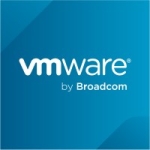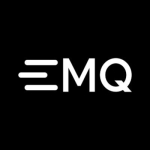I worked as an employee for a bank where we recommended IBM MQ, and we used it.
It's for real-time messaging, an exchange between applications.
On the IBM side, we use Message Queue, all the Message Queue products from IBM. For six years, we used it for a bank, an international bank, and we integrated all the applications synchronously using Message Queue.
IBM MQ is highly scalable and has a reconciliation mechanism. These are the two main reasons we use IBM MQ.
IBM MQ should have more extensive documentation because I couldn't find a lot of information on the system API side to help us monitor the message queuing.
I would like to see more documentation.
I have been using it for six years. We used it for a bank, an international bank, and we integrated all the applications synchronously using Message Queue.
It has been a stable solution.
It is a scalable solution.
The customer service and support have always been great.
I know there are competitors like RabbitMQ and Dell Boomi. I believe RabbitMQ is built on open source and they have a licensed version as well. I don't know much about RabbitMQ or Dell Boomi at this point.
IBM MQ is highly stable and quite customizable to integrate with our systems.
We definitely installed using a service provider, and it's not that complex. It's easy. It took three to six months to start implementing the first use case.
Around six to ten people were involved in the deployment. It is easy to maintain and stable.
The ROI is good, but we only used it for a few use cases like banking customers. It's quite stable, so we got the value out of the installation.
I would rate it an eight out of ten. It's expensive, not cheap.
I would like to rate it as a seven out of ten. It is quite stable, but it needs to have more documentation, and that is why I rate it as a seven out of ten.
At this moment, we don't see a use case for implementing AI, but it is definitely in our roadmap. We will definitely try to find a use case to implement any new features that get announced.



















